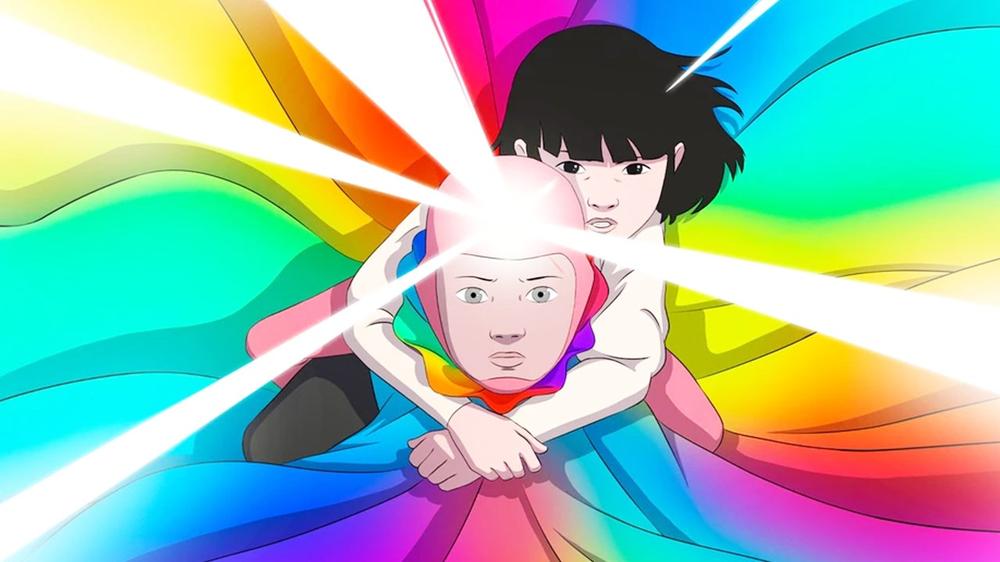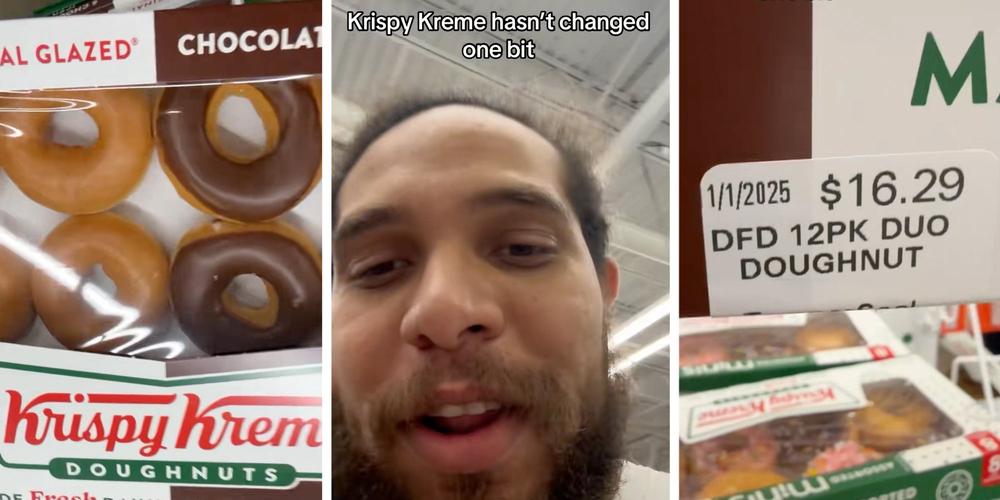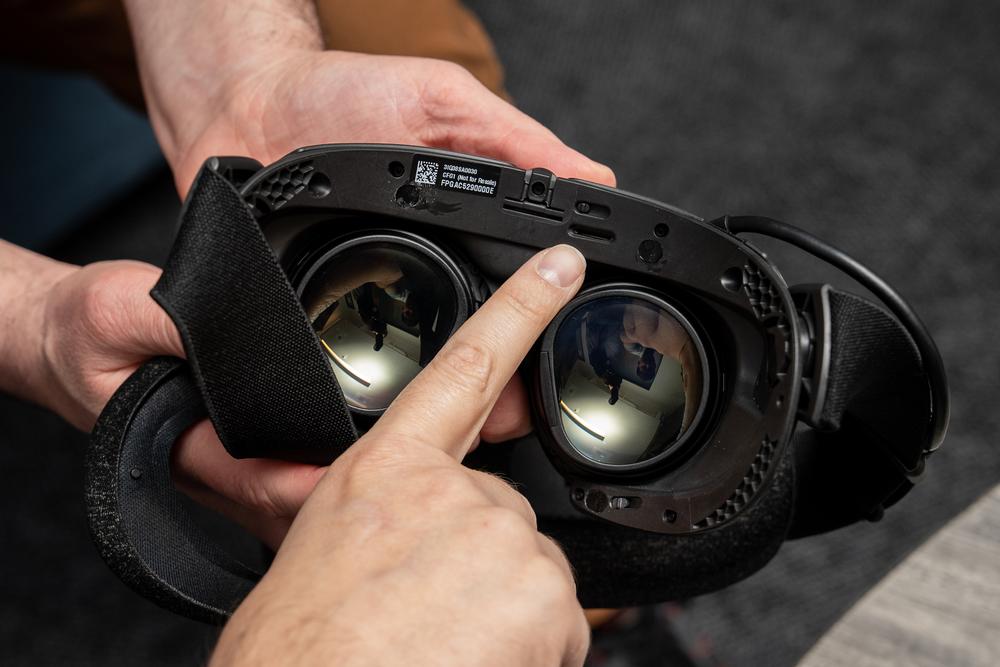Arco will be released in select theaters on November 14, with a wide release coming in early 2026.
What if we didn’t have to save ourselves from the future, but instead needed to protect the future from ourselves? It’s an interesting change in perspective, one that’s usually presented the other way around in time travel movies. Instead of a doomed future the protagonists have to prevent, the implication is that the present is the biggest problem facing a more utopian future. Arco, the gorgeously animated sci-fi film from French writer/director Ugo Bienvenu and producer Natalie Portman, uses that premise to become not just one of the best animated films of the year, but one of the most engaging, heart-warming and bittersweet movies, period.
Arco follows the story of a young boy from some 900 years in the future, where humanity lives in the clouds (in a not-unlike-The-Jetsons sort of way) and have unlocked time travel through the manipulation of light and moisture and the resulting rainbows. When Arco, too young to “fly” with his family through time, takes an impatient first trip on his own, he accidentally winds up in the year 2075 where he meets a kindred spirit in Iris. The pair have an instant connection, giving each other hope in each other's dark hours that highlights a hopeful undercurrent that runs through the whole movie.
While the film will immediately bring to mind Hayao Miyazaki, as it seemingly has for nearly everybody who’s seen it since it premiered at Cannes, Arco turns into something decidedly Spielbergian as well, as an E.T.-like adventure to get Arco home wraps around the adolescent friendship developing between the pair of lonely pre-teens, all against a backdrop of dramatic climate change events.
But as heartbreaking as the emotional core of this story is, the real brilliance of the movie lies in the two futures that it portrays. One, so far-flung that it’s more fantasy than sci-fi, the other just far enough in front of us to be populated with robots and holograms and everybody in AR headsets, but close enough to still be recognizably us. Iris’ parents are away at work, leaving an android nanny-bot behind to co-parent with her folks dialing in via hologram to share a meal and tuck Iris in at night. It’s a future that doesn't seem too distant or even unlikely at this point.
And though it is not a future that Iris is happy or thriving in, it’s not a completely unpleasant one. This is not Wall-E where humanity has become dependent on automation to the point where we’ve lost self-sustainability, or The Terminator where we’ve given our decision-making over to AI. The 2075 of Arco is simply one where we just haven’t changed that much. In one striking image early in the film, we see glass domes over every house in the suburbs and, while a storm rages outside, families are barbecuing in their backyards, blissfully ignoring the obvious dangers just outside their bubbles. It’s the kind of effective and efficient visual storytelling that gets me writing crazy things like “maybe the best movie of the year, period.”
As for the distant future, while humanity is living in the clouds, it’s clearly the result of environmental catastrophe, even if it’s a beautiful and idyllic place. Arco’s family is supportive, if not a little stern, leaving only a youthful determination to grow up too fast to send him on his journey, which is another thing I really loved about the film. There’s an argument to be made that Arco’s motivations are a little underdeveloped, but this is where the Miyazaki comparison really enters the chat for me.
Often a movie will use a sort of language-of-cinema shorthand, assuming the audience is familiar with how tropes work so they don’t spend a lot of screentime explaining every little thing. Sometimes it works, sometimes it doesn’t, but when a film uses an emotional shorthand, like how it feels to be a little kid in a big world where you just want to find your place, it nearly always works. Arco, like Spirited Away or Kiki’s Delivery Service, excels at this sort of universal understanding. By the end of the movie, when a happy ending is looming on the horizon but there’s a heavy price to be paid for it, emotional nuance like that is crucial and Bienvenu nails it.

 “Do not buy these”: Shopper picks up a box of Krispy Kreme donuts at Walmart. Then he notices the date stamp
“Do not buy these”: Shopper picks up a box of Krispy Kreme donuts at Walmart. Then he notices the date stamp